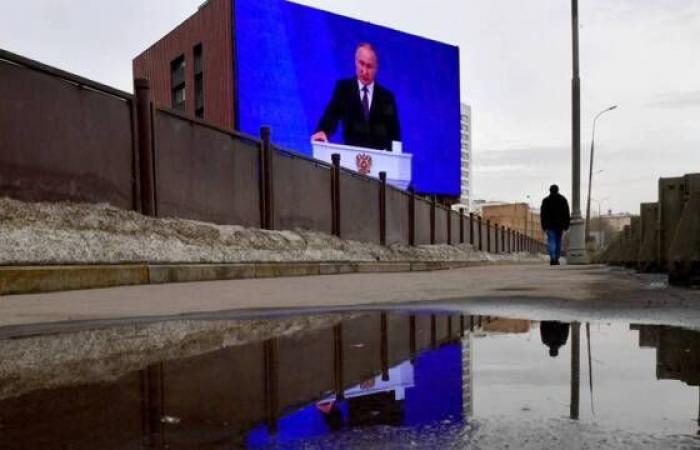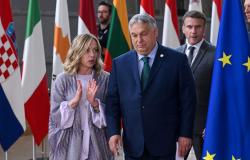In 1946 Winston Churchill announced the advent of the Cold War with his famous phrase about the “iron curtain” that had fallen on Europe. Today, day after day, signs of a new Cold War that divides the world emerge.
On June 25, Russia blocked access to 81 news sites in several European countries, including Le Monde, Libération and the broadcaster Radio France. Rai was also hit by Moscow’s maneuver. A few days earlier, the Radio France app had already ended up in China’s sights, certainly due to an excellent podcast dedicated to Xi Jinping.
The blockade was billed as a response to the European Commission’s decision last month to silence four Russian state media outlets it accused of spreading Moscow’s propaganda. But the retaliation is misleading, given the different nature of Russian broadcasters and newspapers compared to those in other European countries.
The Vice President of the European Commission Věra Jourová is not wrong when she rejects the equivalence between those who spread “disinformation within the framework of Russian military doctrine” and the private or public media of democratic societies. Moscow creates confusion that rides on internal debates in our societies.
The first consequence of the invasion of Ukraine was the disappearance of the last pockets of independent information in Russia. Newspapers like Novaya Gazeta (whose director Dmitrij Muratov received the Nobel Peace Prize in 2022) and radio stations like Echo of Moscow have closed their doors to be reborn in exile, in Riga or Warsaw. By blocking access to European sites, Russia deprives its citizens of information pluralism, making them prisoners of official propaganda.
As in the times of the Cold War, today there are those who try to climb over the new Iron Curtain. Only the means change. In March the NGO Reporters Without Borders praised the channel, a satellite channel aimed at Russian-speaking populations: the Svoboda (Freedom) project, which broadcasts content produced by independent Russian newspapers in exile and tries to circumvent the blockade. In China, a country that has practiced online censorship for much longer, opposition proves more difficult.
Information is also scarce in the opposite direction, because the cold war inevitably hinders the work of all journalists. Evan Gershkovich, a correspondent for the Wall Street Journal in Moscow, has been in prison for more than a year. He will soon be tried for espionage, a case that represents a warning to all foreign journalists.
The same happens in China, from which many Americans, British and Australians have been expelled. Westerners who remain in the country work in a hostile environment. Twenty years ago I was a Beijing correspondent and today I notice major steps backwards in the ability to provide information.
As in the times of the Cold War, progressive closure compromises the feeling of belonging to a shared world. It happens above all due to the differences in internet networks: today we are talking about splinternet, of a divided internet. This evolution only aggravates tensions. When you stop talking to each other and getting to know each other it’s never a good sign.
(Translation by Andrea Sparacino)






